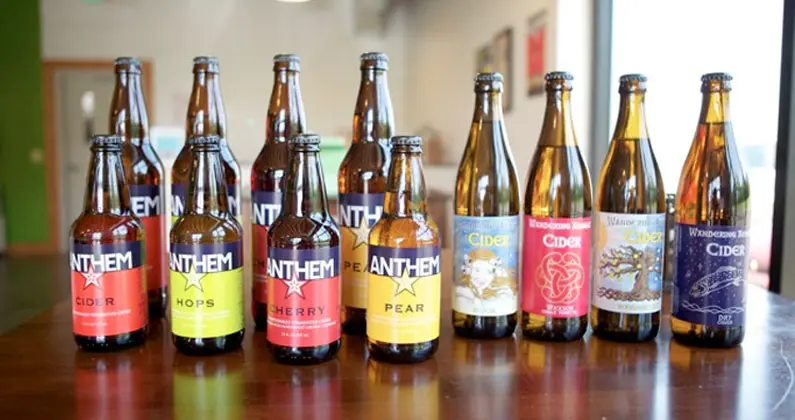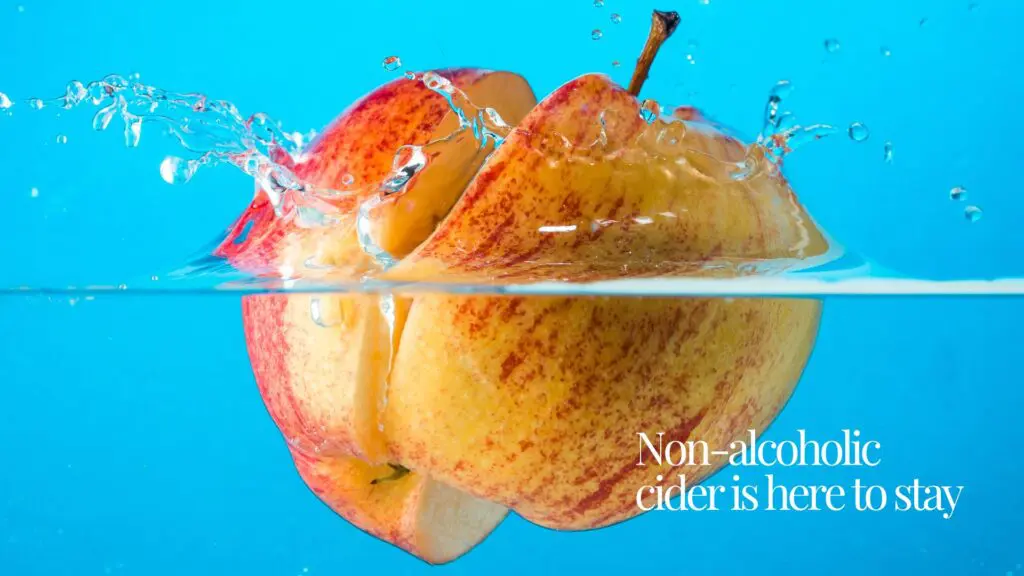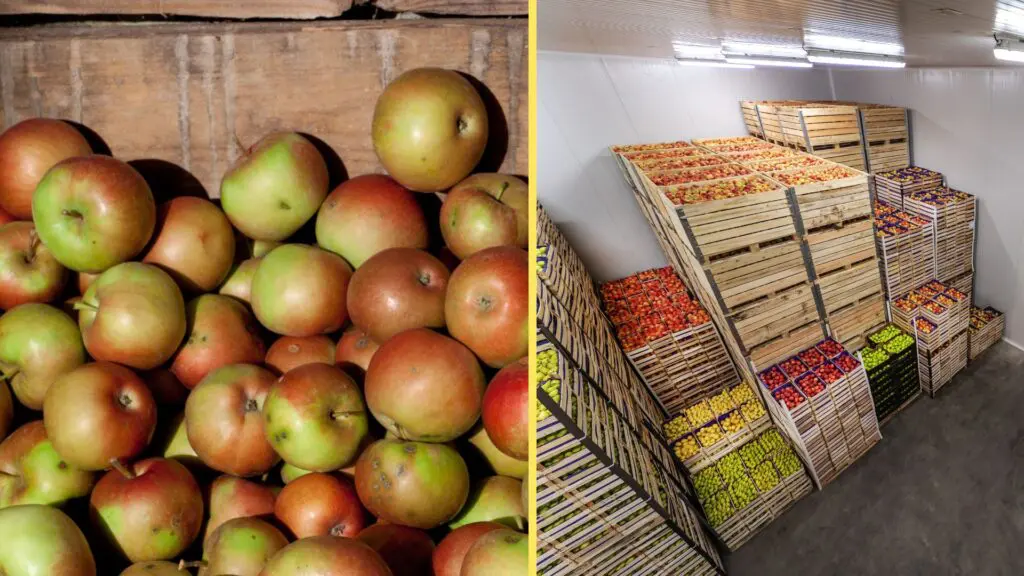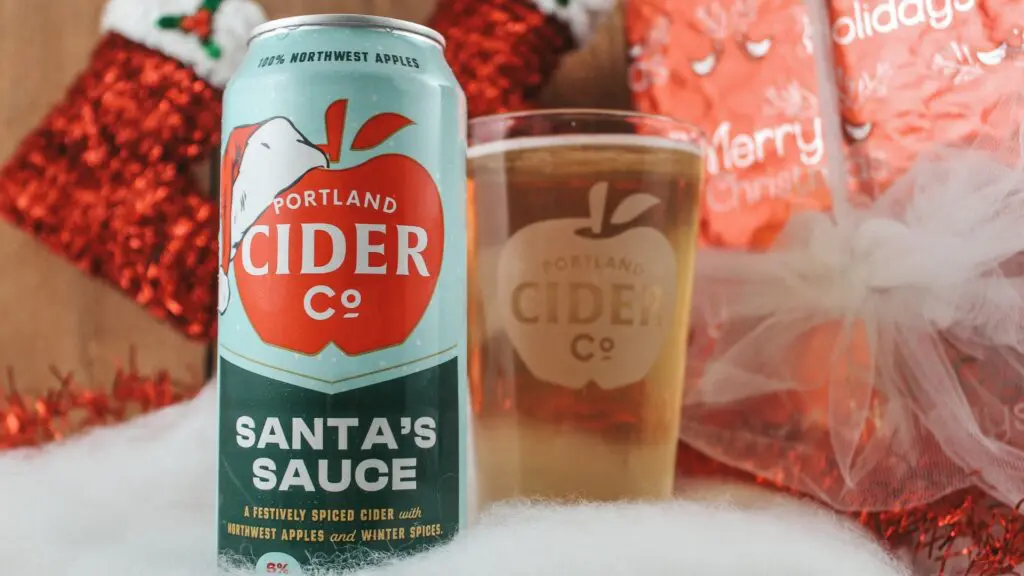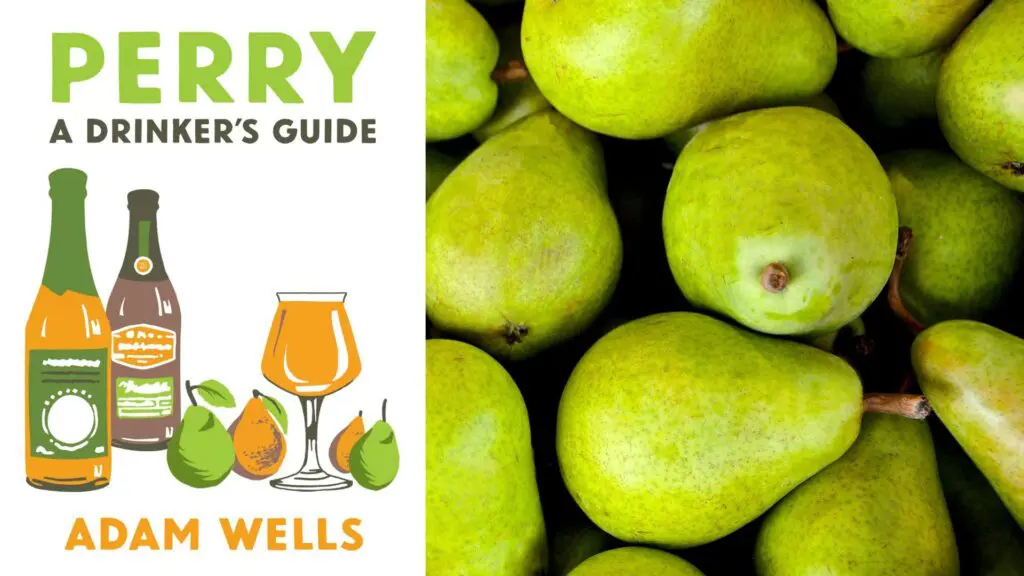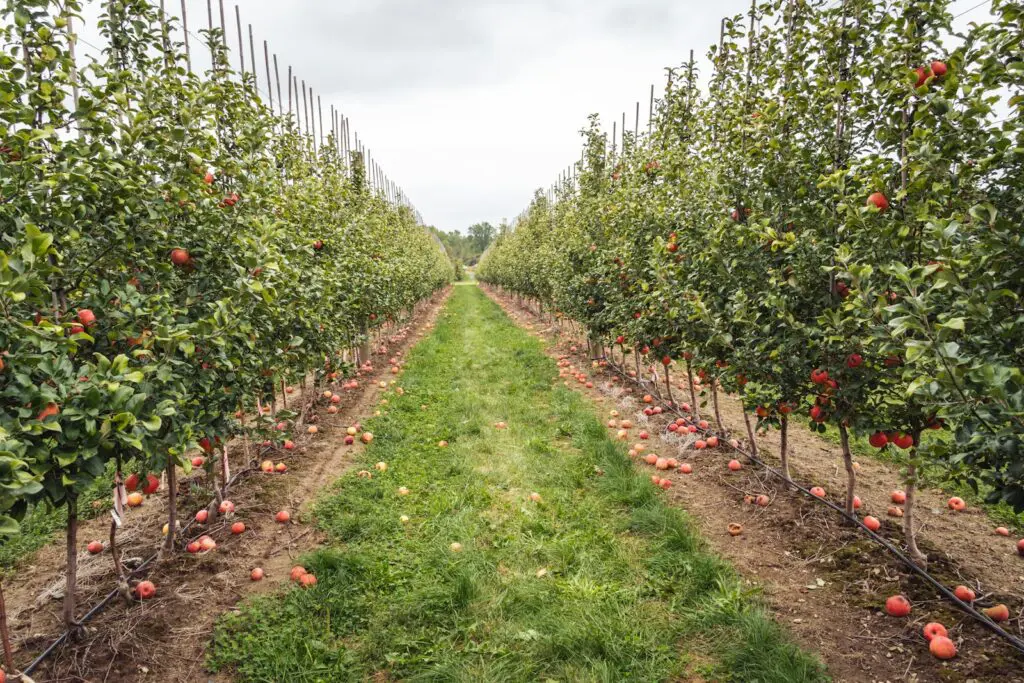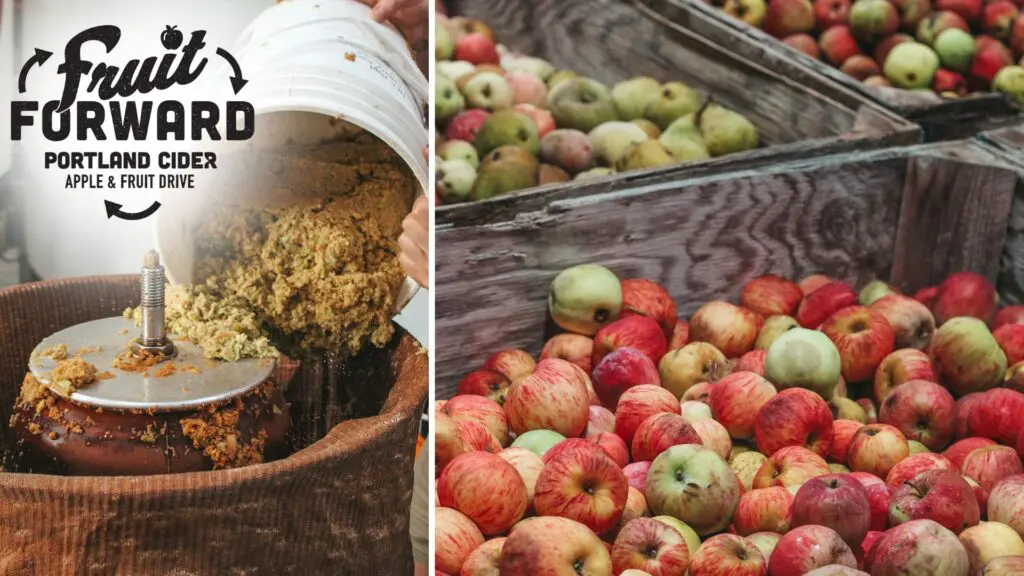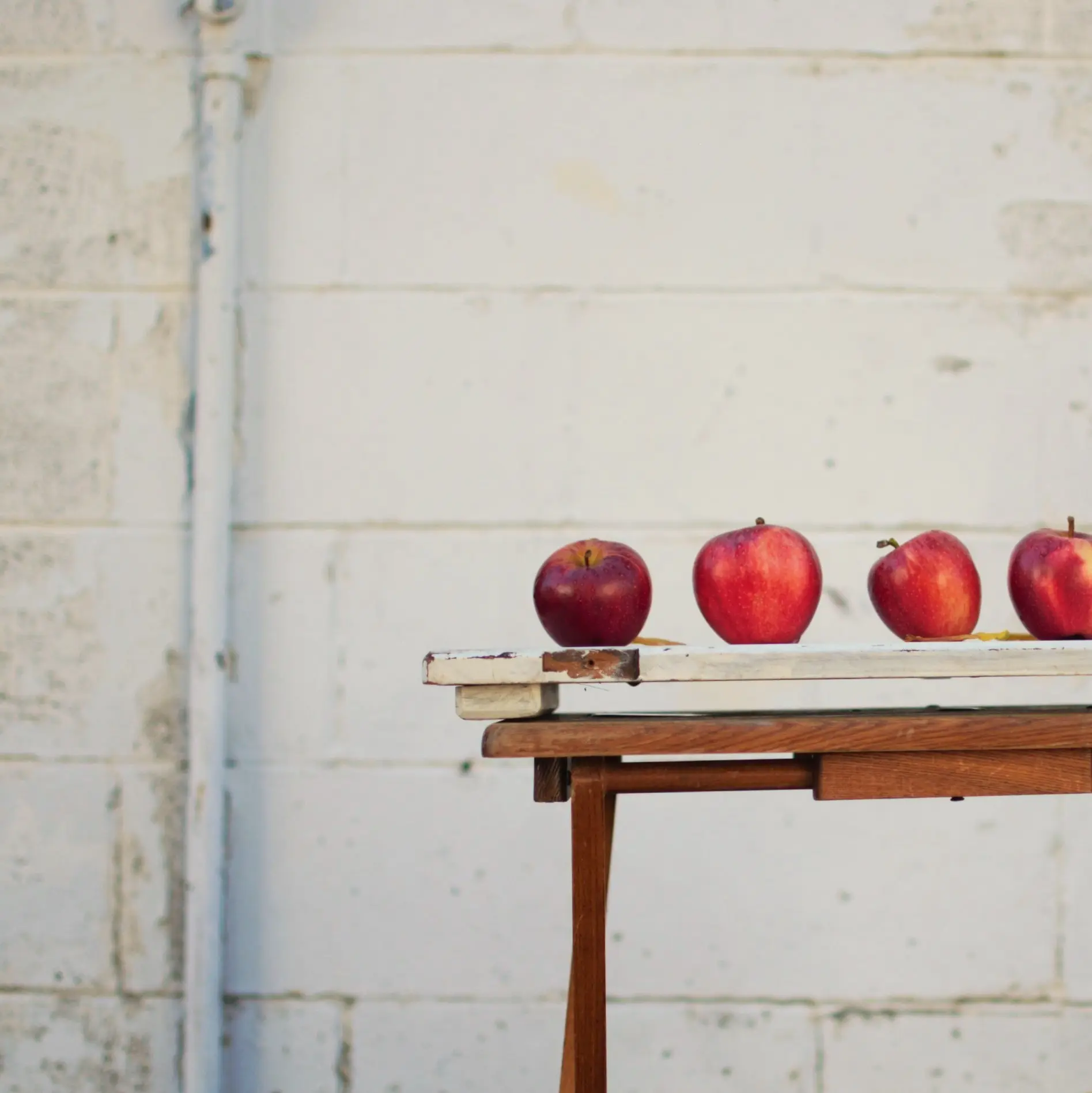The Salem, Oregon cidery waxes poetically about brand names and apple identities.
Once you’ve made the decision to open a cidery, the next big step is what to call it. And this is an important step that should not be overlooked because if your cider starts doing well, you might be stuck with a troublesome name. One cidery has been poetically pondering if a rose by any other name smells as sweet.
James Kohn, the co-owner of Salem, Oregon’s Wandering Aengus Ciderworks (in addition to being the owner of its sister cidery Anthem Cider and founder of the annual CiderCon event) has somewhat of a love/hate relationship with the title on his ciders. “The name Wandering Aengus is good to roll with, it’s just technically it has some issues with it,” Kohn says.
An idea from co-founder Mimi Casteel, Wandering Aengus was derived from an 1899 William Butler Yeats poem titled “The Song of Wandering Aengus,” which references apples several times throughout.
And the Yeats ties don’t stop there, they continue in the branding and labeling of most of their products. For example, Wandering Aengus’ cider variety called Bloom features a woman with apple blossoms in her hair on the label. This image and the title of the cider were derived from a stanza of this poem, and the stanza itself is present on the label.
This is all fine and well with Kohn, but there’s one minor detail about the name that sometimes causes issues for the brand. “When you say Wandering Aengus or you have to give your email address, people still don’t know how to spell it quite right,” Kohn says. “So you always have to correct people and we actually get a lot of missed emails because it wasn’t spelled right.” Who knew an extra letter “e” could be so pesky?
While it might make communication difficult here and there, it doesn’t get in the way of Kohn and his passion for apples and the endless possibilities he sees within the industry. “There’s a lot of imagination and experimentation that you can do with cider that has yet to be understood by the general public,” he says.
Kohn first tried cider from Poverty Lane Orchards at a farmer’s market in New Hampshire in the early 2000s. At the time, he wasn’t a big fan of drinking wine or beer, but he ended up really liking what he was tasting and seeing in cider—all of the aspects he liked about beer and wine, but none of the aspects he didn’t like about them, or “the best of both worlds,” as Kohn describes it.
As a graduate of Rutger’s agricultural department, Kohn was also drawn to the massive variety of apples in the cider world similar to variety of grapes in the wine world. And when compared to beer, the world of cider was similarly full of experimentation, but lacked the strict definitions of different beer styles like IPAs and Porters, allowing for a greater range of creative freedom.
It’s this mentality that establishes Wandering Aengus’ business model. Compared to its sister label Anthem, which uses mostly eating apple varieties you might be able to find at the store, they use heirloom apple varieties from a combined 80 acres of orchard space from different locations across Oregon.
While they offer some single-variety ciders like the Golden Russet and Wickson, they take great care in their blended ciders and print exactly what percentage of apples made it into their bottles to let the drinker know they’re getting 100 percent apples. “We don’t even add any sugar—everything is apple for Wandering Aengus. Even if there’s a sweeter cider, that sweetness comes from apples,” Kohn says.
When Kohn isn’t busting his hump on his cider empire and trying to expand the Wandering Aengus brand, he can be seen in the background of his older son’s school plays like his recent appearance in Dr. Doolittle. “It was my first acting bit—I was just in an ensemble—singing and dancing and embarrassing myself.”
Follow on Facebook: Wandering Aengus Ciderworks
Track on Twitter: @wacider

